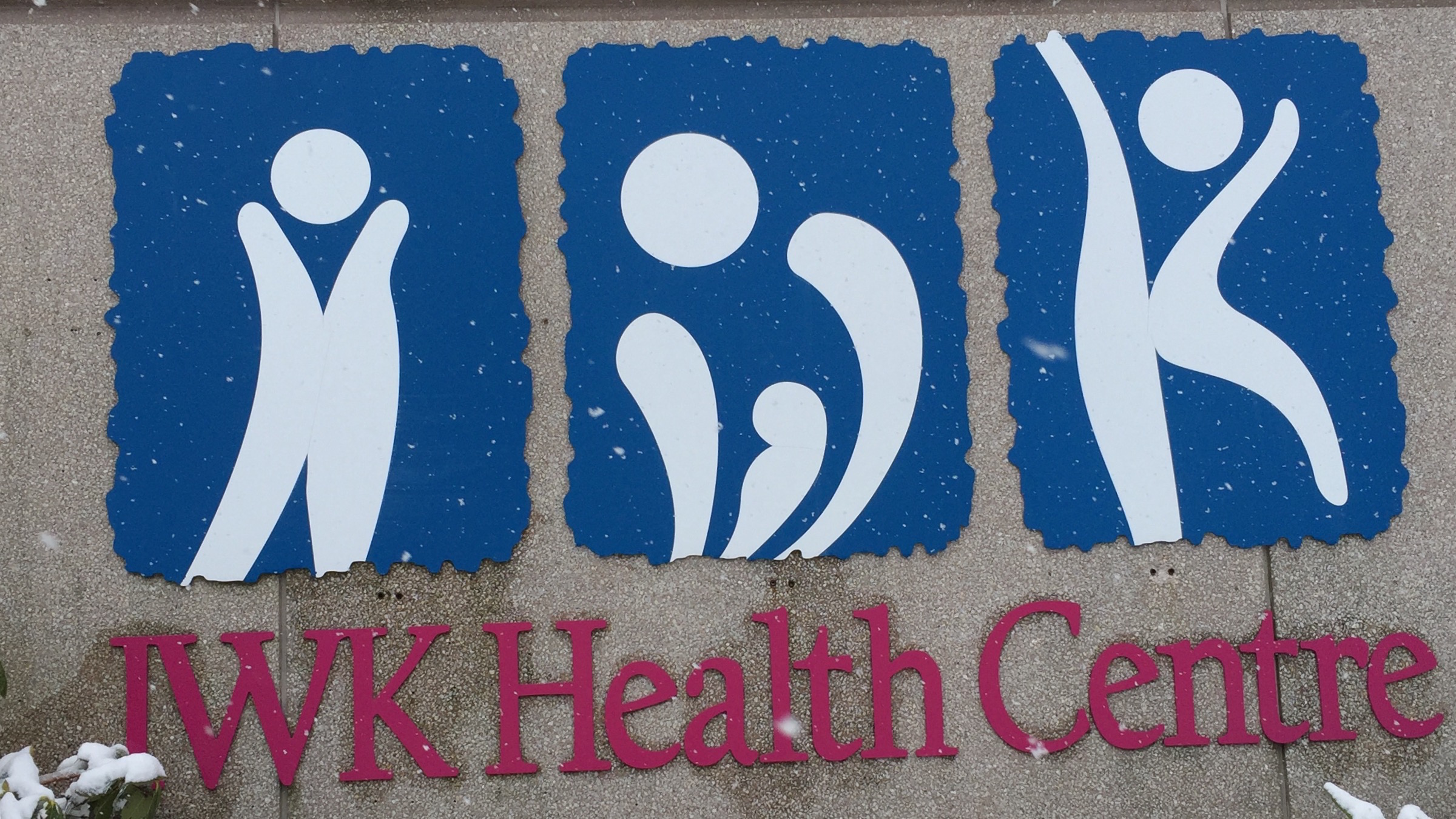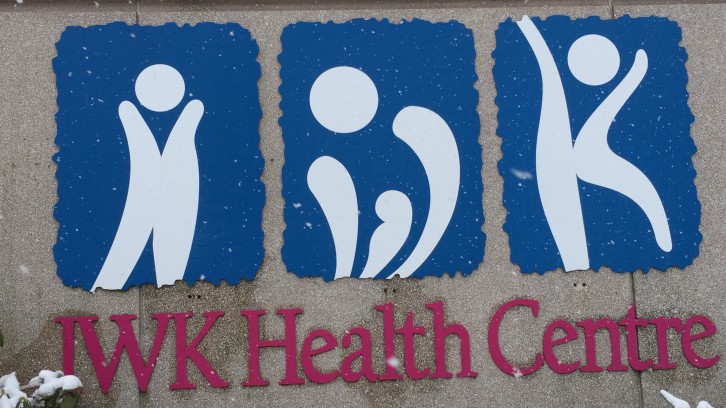Health
Halifax IWK Health Centre takes part in nationwide concussion study
Nine Canadian hospitals participated to improve predictability of concussions in children

caption
IWK Health Centre was the only hospital in Atlantic Canada to participate in the study.
caption
The IWK Health Centre was the only hospital in Atlantic Canada to participate in the study.Thanks to a new nationwide study, children suffering from concussions will now know their likelihood for lengthy post-concussion symptoms.
The study is known as the 5P study: predicting and preventing post-concussive problems in pediatrics. It introduces a point-based system that helps doctors and researchers predict the length of concussion symptoms. It was published this week in the Journal of the American Medical Association.
Led by Dr. Roger Zemek of the Children’s Hospital of Eastern Ontario, the study was run in pediatric emergency centres across Canada. The IWK Health Centre in Halifax participated in the study.
Children from Halifax, Montreal, Toronto, London, Ottawa, Winnipeg, Calgary and Edmonton who suffered from head traumas and who got to a hospital within 48 hours of the trauma were evaluated.
Dr. Kevin Gordon is a pediatric neurologist at the IWK. He deals with children’s concussions full time.
“What’s great about the study is that it’s big – it shows a huge collaboration across the country in the pediatric emergency departments,” says Gordon.
While Gordon says the study is “bloody brilliant” in terms of the numbers of children they tested, he also says it ended up telling doctors what they already knew – that one-third of children with concussions still see symptoms in a month.
The study looks at nine predictors in children, some of which include whether the child has had a concussion before, certain symptoms and their gender.
If they’re high risk, and multiple predictors line up, they have a two-in-three chance of seeing symptoms in a month’s time, according to the study.
If they’re low risk, and don’t fit in to all the predictors, they will likely be fine.
“Is that really a big enough separation? Is it really enough to sort between a one-in-three or two-in-three chance?” says Gordon. “I was never ready for how unpredictable it was going to be from a clinically relevant perspective.”
How to improve the study
“They asked all the right questions,” says Gordon, “but you know what the problem might be? They asked them all at the wrong time.”
“Everything in this study was correct. It just wasn’t the right time frame.”
He says the study might have been more beneficial if conducted one or two weeks after the child was first diagnosed with a concussion.
“Had they done it at seven days [after the concussion was diagnosed], they might have shown a little bit more predictive data, and it’s because you just can’t predict many concussions,” he says.
He says the study is valuable when looking at a population as a whole. But when it comes to a doctor sitting with one child and their parent, it’s not so valuable.
“They’re still not going to be able to look parents in the eye and tell them their kid is going to be OK, or ‘no your kid isn’t going to be OK’,” he says. “That’s what you really want in a screening tool.”
Gordon says this was a great first study to produce data. He also says the next five years should be exciting, with new trials around concussions to come.
